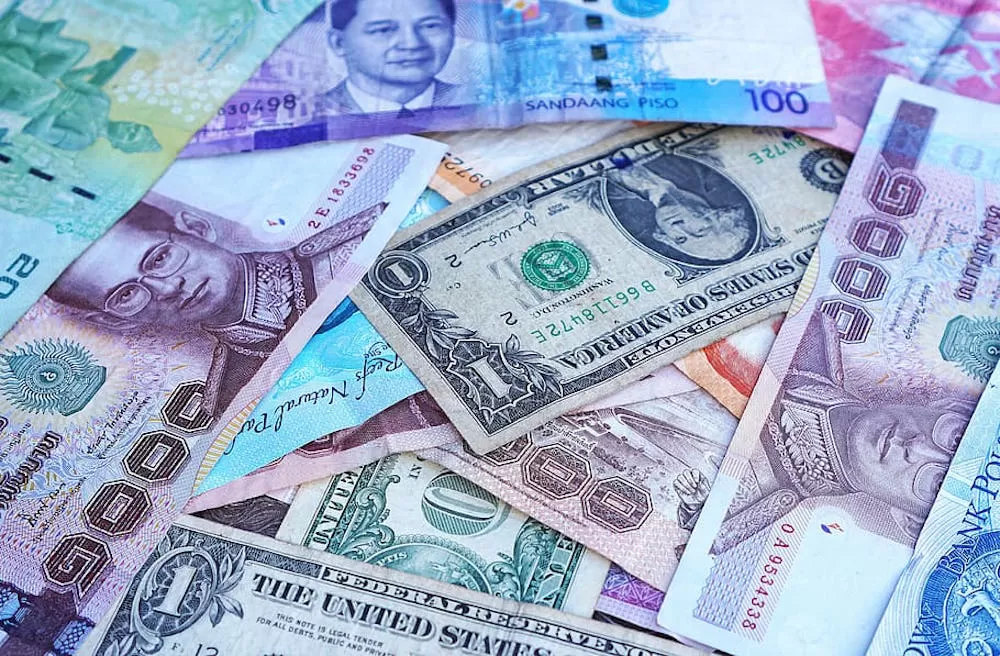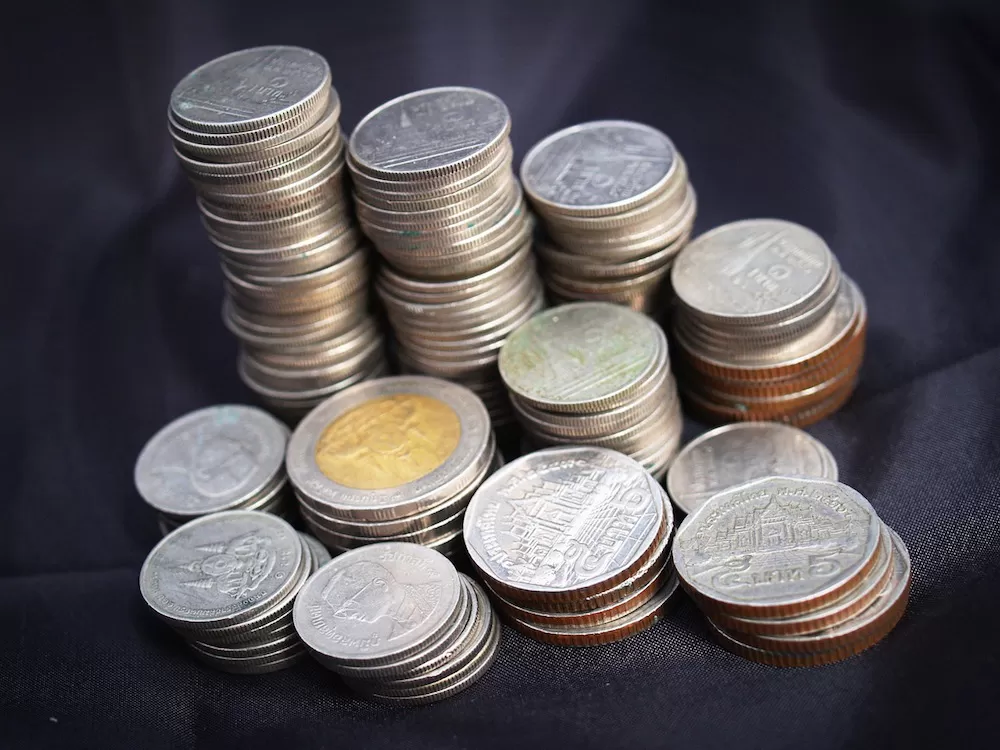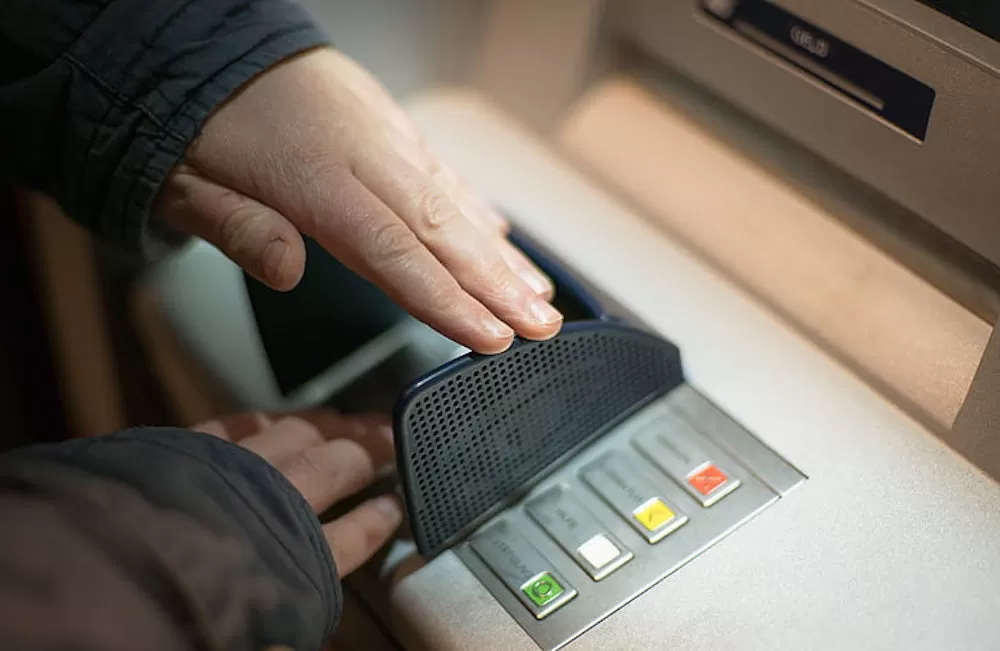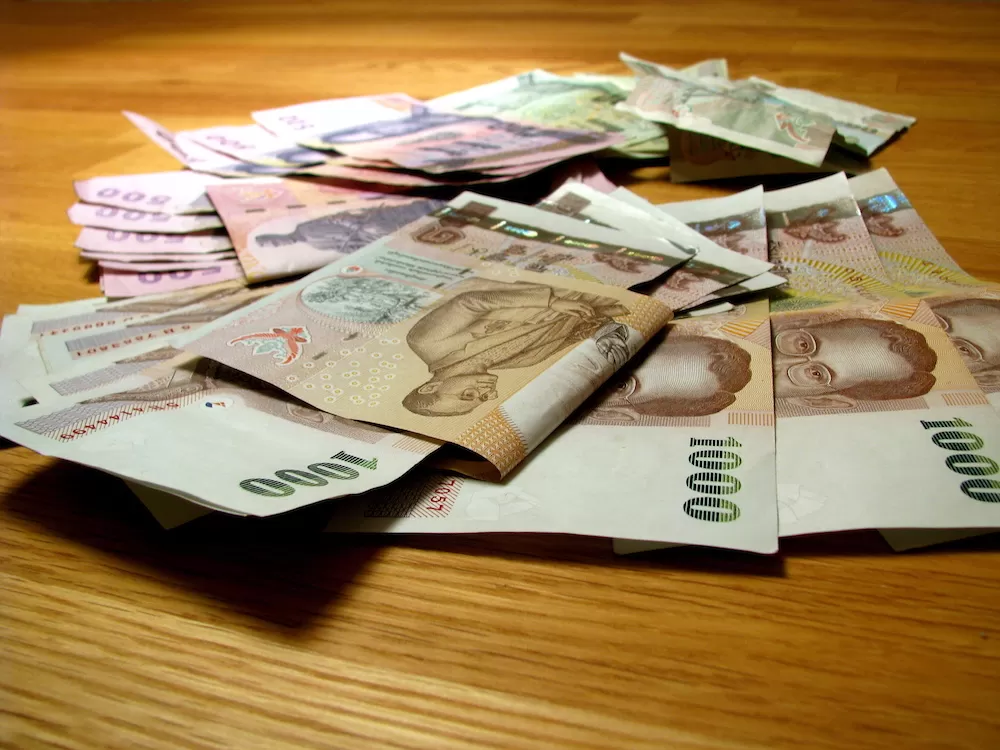
Of course, before you actually start the process of setting up your account, you have to first determine if you can actually do it legally. The truth is, even a foreign national you're allowed to open your own bank account in Thailand. Some of the country's banks even offer special accounts exclusively for expats and foreign visitors. Though if you don't have plans of becoming a citizen or legal resident of Thailand, setting up an account with an international bank that also operates in the Southeast Asian country may prove to be easier. At least, you can start this process in a local branch in your country.
There are multiple reasons as to why it's very beneficial for you to open your own local bank account here in Thailand. The most obvious of such is that you'll be able to manage your finances better if you have your own account with a Thai bank. But on another note, a local account is also less costly for you. While you can still use your local account from your home country, international money transfer costs ฿200.00 alone. Imagine having to do that every month when you get your paycheck. You could have saved a lot more if you had a local bank account here.

The first process of setting up a bank account in Thailand is to actually choose one. There are many fine banks in Thailand, as well as international institutions that also operate here. What you should first consider is the scope of the bank. The more branches and ATM machines it has across the country, the better it will be for you in the long run. Also consider if it has a stable online platform. f it does, you'll barely have to go to any of the ban's branch at all to do various transactions.
Once you've chosen your bank, it's time to officially start the process of setting your account. This will inevitably include a few documents that your chosen bank will require you to submit. They're namely your passport, work permit/certficiate of resident, proof of address, a valid ID, and some cash for your first deposit. The standard amount for your first depost in most Thai baks is usually ฿500.00. As for your proof of address, your lease contract with your landlord will do. You can also show your driver's license—even the one from your home country—as your valid ID. This is separate from your passport.

There are a few things you should know about using that banks. One is that some of them charge ATM fees when using a machine in a different province. for instance, if you set you set up your account in a Bangkok branch but need to withdraw some cash while you're in Phuket, you'll get charged a small amount for that transaction. Also, for as much as you can, avoid depositing coins. It's not exactly illegal to do so, but it is rather tedious and most local banks prefer to handle cash than spare change.
A few top Thai banks that you can set up an account with are Bangkok Bank, Kasikorn Bank, and Siam Commercial Bank, They're three of the biggest local institutions in the country, so you'll have no trouble seeing a few branches and ATM machines in other provinces. Bangkok Bank, in particular, is especially welcoming to expats. They don't even require submitting a work permit. Kasikorn Bank, on the other hand, has its own mobile app that's easy to use and is very convenient. Out of these three, the Siam Commercial Bank is the strictest, but it also has a lot of great features and rewards.

Furthermore, having a local account cen help you invest in that Thai luxury home you've been wanting to get. Go on and do it!